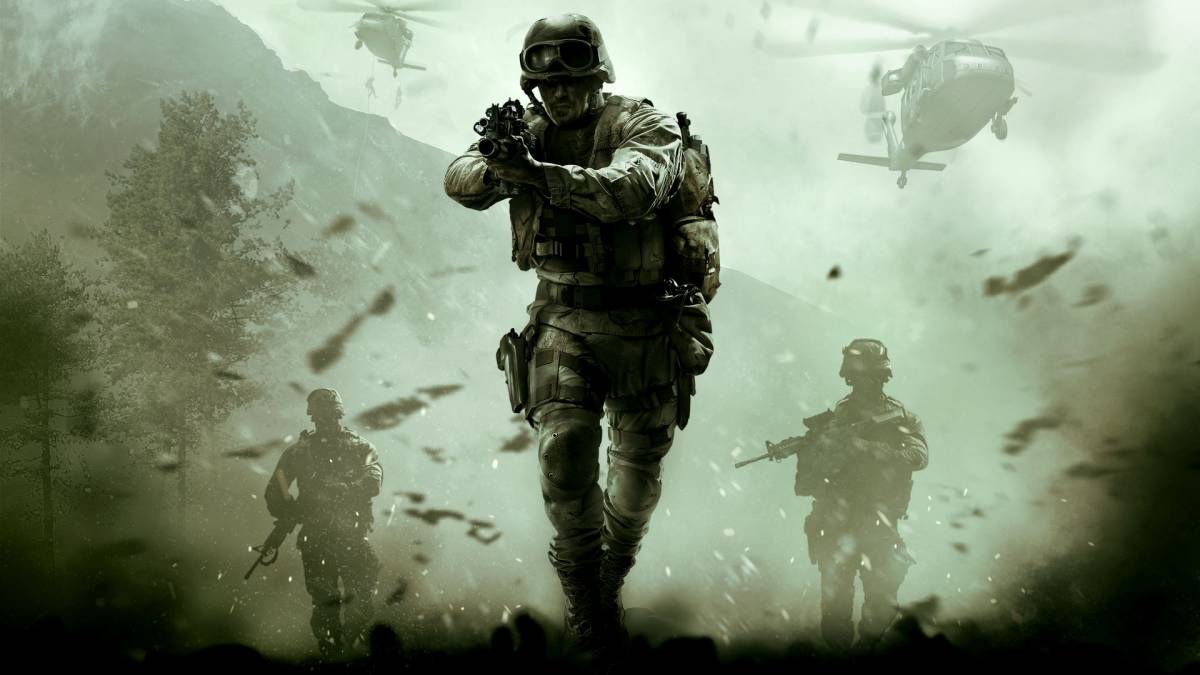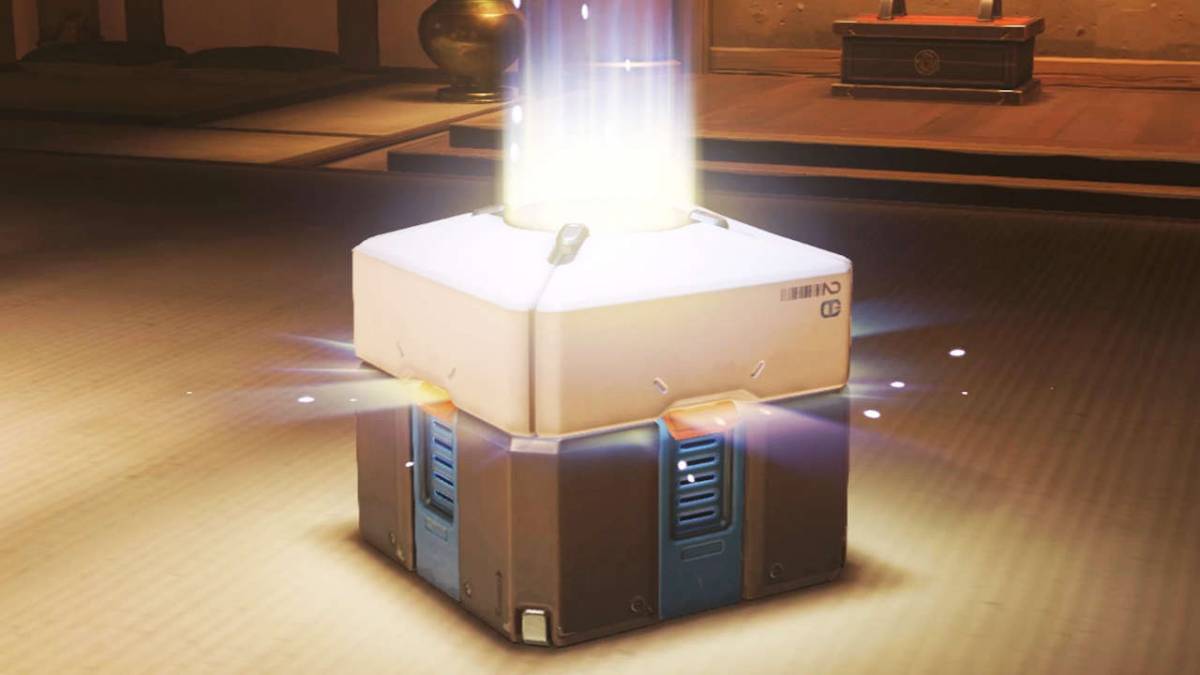Since the 1970s with the advent of Dungeons & Dragons, levelling up in games has played a key role in keeping people hooked. It’s that gratification of advancing your skills that causes people to binge their favourite titles for days on end, and has led to many dubious reports of “video game addiction” amongst young people. Our own Cassie Parkes has already written about all this in great detail, so I’ll let you check that out if you fancy. Instead, I want to look at how games keep us going through consistent rewards.
It was during a few rounds of Infinite Warfare’s now iconic ‘Zombies’ mode that I came up with the idea for this piece. For anybody not aware, the newest Call of Duty has a horde-like mode where you battle the undead in the 80s, and it’s really rather fun.
Something that immediately took me aback when I first started it, though, was that you could now level up your character and customise weapons. Of course, these aspects are commonplace with the online portion of these kinds of shooters, but I used to regard Zombies mode as – at risk of sounding pretentious – more pure. “OLD Zombies never had this nonsense,” I thought. Well, no, it didn’t. But maybe that’s not such a bad thing.

It turns out that Infinity Ward had changed Zombies from what is known as a “player progression” mode to a “game progression” mode. There’s a great article on this over at Gamasutra, but what it generally means is that the former favours player skill, while the latter gives consistent players the tools to improve. In the context of Zombies, this means that Call of Duty: World at War had no consistent progression with the Zombies mode. When you died on ‘Der Riese’ and tried again, everything was reset to zero; you didn’t carry over upgraded weapons, and it was mainly just for bragging rights.
But that’s not the case with Infinite Warfare. In this iteration, you have a ranking separate from the PvP multiplayer which can gain you attachments and aesthetic changes for guns – both of which are consistent across every Zombies game you play. With this update comes yet another way in which the game can hook into your dopamine receptors and drain you dry. And it bloody works. I may have been cynical at first having seen these new inclusions to a mode I loved on the PS3, but I cannot deny that I’ve been playing the same map time and time again, spurred on by the constant ‘LEVEL UP’ notification and reward of new items.

The idea of levelling up in an online shooter was in fact popularised by the Call of Duty series, way back with 2007’s Modern Warfare. Prior to this, many beloved shooters like Quake and Counter Strike had focused on player skill to establish an equal playing field. Instead of giving competitors new weapons to advance their kill count, everybody had the same arsenal and simply mastered what they could. Does this equate to a better experience? It’s hard to say, as both methods are still used; with Blizzard’s latest shooter Overwatch, you can level up, but you have every weapon available from the outset.
Even with Overwatch, though, there’s that addictive ding of progression in the form of the game’s loot boxes – a contentious inclusion which inarguably makes ranking up just that bit more rewarding. Sure, it might not lead to an objective advantage over opponents, but people buy loot boxes in droves. And with each shiny opening animation comes an additional kick of dopamine, and another reason to remain online. Hell, even a quick Google on the subject will return many results of people trying to rank up fast. The world of earning XP is an enormous one.

But let’s go back even further. Alongside Infinite Warfare, I’ve also been playing a whole bunch of 1998’s Banjo-Kazooie. Rare’s iconic 3D platformer is a game which, naturally, has no online ranking up system to be found. It throws you into one of the game’s many colourful worlds, and tasks you with collecting items to progress. You also unlock new abilities as you go through the game, however, so it straddles the line between player progression (you need to master the controls) and game progression (you’re given new moves to continue). Banjo-Kazooie gives rewards much rarer (pun intended) than that of a modern shooter, so that could be one reason why the spiritual successor to the game, Yooka-Laylee, didn’t do quite as well as the developers had hoped. Or it could be that it’s just not very good. But whatever.
My point is that games use progression in a multitude of ways, but it’s always there. Without it, there’d be little point to continue a game. Even Tetris, one of the most recognisable games of all time, ranks you up as you clear more lines. With each new level comes a new difficulty and speed to the game – something most people will recognise in countless games they play today.
From playing Infinite Warfare‘s Zombies mode, I learned that levelling up isn’t something that should be scoffed at; it isn’t capitalising on a modern trend. No, this mechanic gives players the motivation to continue playing their favourite titles for hours upon hours, and gives games a consistent, fresh sense of life.
Some of the coverage you find on Cultured Vultures contains affiliate links, which provide us with small commissions based on purchases made from visiting our site.

